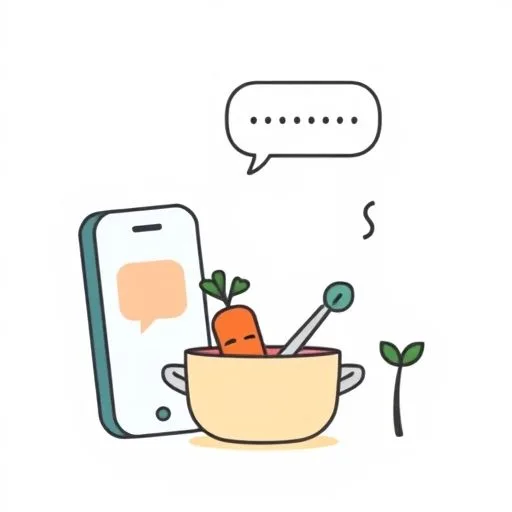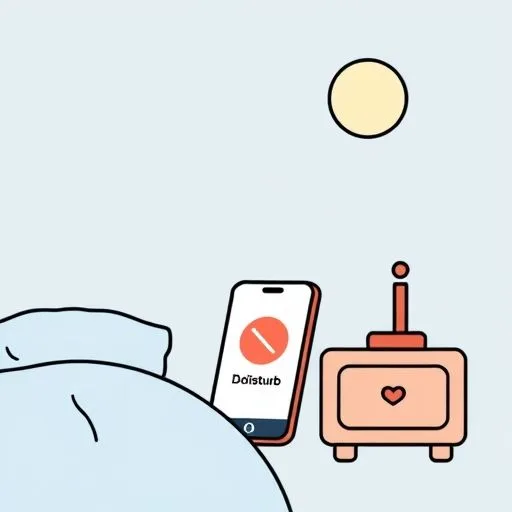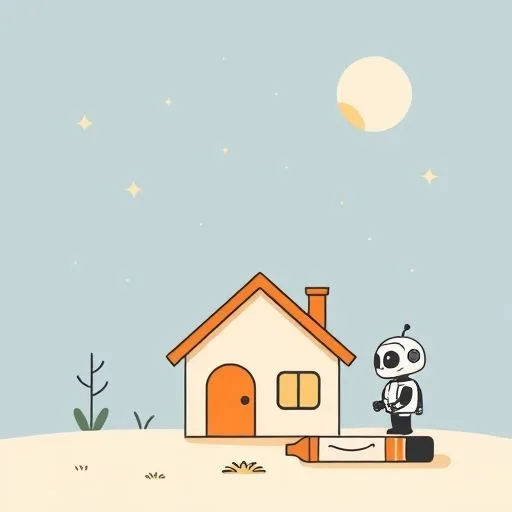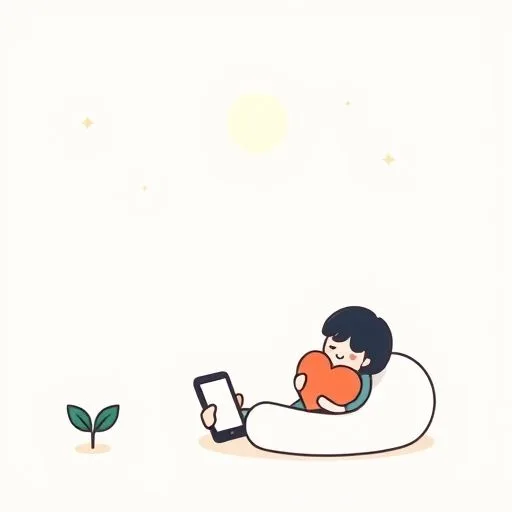
The kids were asleep but the house wasn’t. That phone screen glowed on the kitchen counter like a persistent moon, reflecting emails you’d yet to answer. I remember studying your face as you washed dishes—the way you paused between plates, eyes closed, briefly. That’s our home now: the quiet hum of chores, unfinished tasks, and the quiet determination of someone trying to be present in two worlds at once.
The Weight of a Single Question

When you asked for the weather forecast in the kitchen, and the AI misunderstood your request—I remember how you smiled. Not the laugh that comes when a child says ‘I want to be an astronaut-dinosaur!’ but the quiet smile that comes when you’ve run out of frustration. It just kept pushing carrot recipes on you.
I saw it too: how our ‘smart’ technology is still just a clever mimic. It doesn’t see the quiet crisis when you’re holding a sleeping child in one arm while preheating the oven, your mind already halfway to tomorrow’s morning meeting.
The Invisible Boundaries

Your eyes light up when you read about AI helping parents set boundaries. Not the harsh alerts we’ve all grown to hate, but the kind that could gently say: ‘This message can wait until morning.’
Aren’t we all like that? The way you turn your phone screen-down at bedtime, telling everyone everything’s fine while checking the last email. This isn’t about balance. It’s about survival. We don’t need more tools that make us juggle faster. We need something that knows when to step aside.
Let’s be honest—we’re not trying to be superhuman. We’re just trying to stay human.
The Future We’re Teaching

The kids were drawing with markers yesterday, explaining their imaginary worlds to the AI assistant. And it got me thinking—what happens when we teach them to settle for the fastest answers? I watched their brows furrow—the same look they get when they can’t quite solve a problem. The device kept responding with perfect answers, missing the poetry in their vivid descriptions.
When Alexa becomes the oracle of the household? The real revolution isn’t about smarter machines—it’s about teaching our children to value the quiet space between us. The magic where we’re sitting on the floor, watching towers of Lego rise.
Imagine a technology that could sense when our evening is about us—the way we’re on the floor, building blocks spread across the carpet. That’s when it could whisper: ‘The lights are dimmed for family time. The world outside can wait.’
The Strength in the Unspoken

Last Thursday, you closed your laptop without a word. Not that the work was done—just that something more important showed up. A child’s eyes were looking up, hungry for the attention they’ve learned to wait for.
That’s what family support should look like. Not reminders, but the quiet nudge. The pause. The moment when the decision to stop is the most productive thing we can do.
One day, AI might be smart enough to know when it’s time to be quiet. To know that sometimes, silence is the most helpful thing.
The Technology That Can’t Be Copied

They say AI will be able to predict our routines by 2025. But it can’t predict the way you brush a child’s cheek when they’re feverish, or the silent reassurance you give me when I’m exhausted—the hand on the back that’s heavier than a lifetime of notifications.
These are our moments. And the AI revolution isn’t about making machines smarter. It’s about making them human. If we’re going to raise a generation of technology, we need to teach it to understand what’s not meant to be interrupted.
Tonight, we’ll still be working in the quiet. The parent who is so much more than a machine’s assistant, the partner who lives in the pauses, not the tasks. That revolution? It’s already happening—right here in our quiet moments together!
Source: Apple could make a killer smartphone AI system, but a ChatGPT copy is not the way to do it, Phone Arena, 2025-09-29
